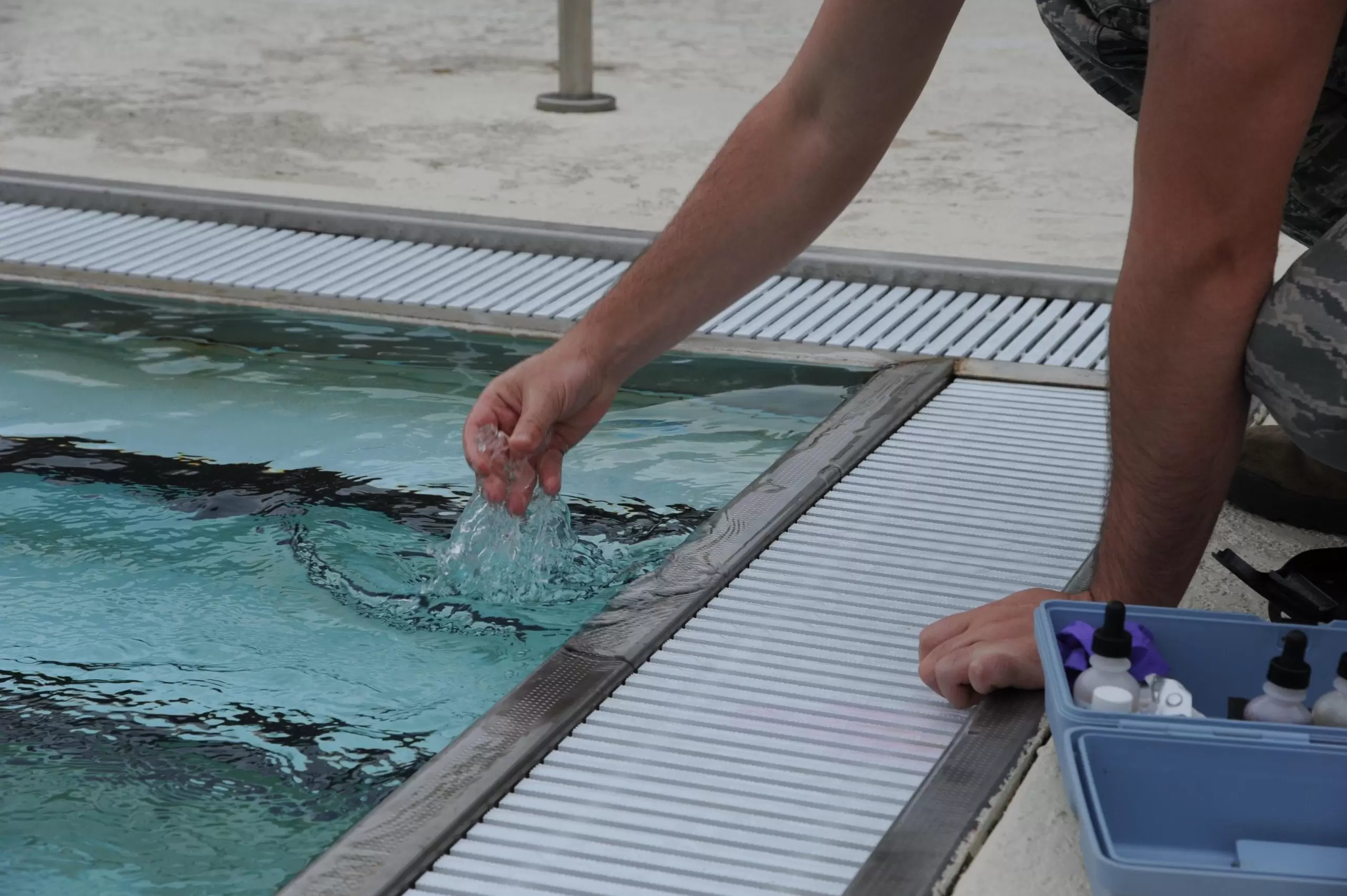If you want to build an eco-friendly pool, there are various solutions available that will help. From decreasing water evaporation to natural filtration systems, these will all contribute to creating an energy-efficient system that benefits both the planet and wallet alike.
An integral component of creating a sustainable pool is selecting its site wisely. Ideally, its placement should take advantage of passive solar heat gain while mitigating wind effects.
Variable-speed filter pumps
Variable-speed filter pumps are an energy-saving way to create a sustainable pool system. These cost-cutting devices run at lower speeds when filtering pool water before switching up their speed when more demanding tasks such as heating or powering water features arise.
Variable-speed pump technology brings numerous advantages, with one of the main ones being energy savings. Studies indicate that VSPs use 50-80% less electricity than single speed pumps and can save you up to $400 each month depending on where you reside.
Variable-speed pump technology is also more sustainable by using less energy while operating more quietly. This is possible thanks to a motor that spins at various RPMs to meet different requirements.
Energy blankets
Energy blankets, commonly referred to as solar pool covers, offer an eco-friendly and cost-effective method for heating and maintaining a swimming pool. Capturing sunlight rays and turning them into usable electricity that powers lights, TVs, etc. is captured using these energy blankets – creating electricity which powers devices such as lights and TVs!
Solar blankets have become increasingly popular as homeowners look for ways to save energy and protect the environment. Government incentives and subsidies have further proliferated this market segment.
Electric blankets can be an efficient and cost-effective way to keep your home warm in winter, using less energy than fireplaces or space heaters.
Electric blankets are safe to use, provided that they are plugged in properly and used responsibly. To reduce risk of fire or electrical shock, make sure you change out your blanket at regular intervals as directed by manufacturer recommendations.
Saltwater pools
Saltwater pools are becoming an increasingly popular trend among homeowners who prioritize eco-friendly swimming. These unique pools do not use ocean water and contain far less chlorine than conventional pools.
Furthermore, saltwater systems require significantly less maintenance than their chlorinated counterparts. You only need to monitor salt and chlorine levels; you won’t have to store or handle chemicals separately.
Standard saltwater pool maintenance usually entails replacing the salt cell, closely monitoring Ph and salinity levels, and rebalancing when necessary.
One of the easiest and most efficient ways to conserve energy in a pool system is automating its pump run time. By only activating circulation systems when necessary, automating can save up to 75% in pumping costs associated with pool ownership.
Natural filtration
Natural filtration is an energy-efficient option for creating an eco-friendly pool system. Instead of relying on chemicals to purify their water, natural pools utilize plant-based filtration zones which destroy bacteria and algae with plant roots, as well as using an algae-killing biofilter for further purification.
Plant-based filtration systems can be used independently or in tandem with gravel filters and plant wetlands to purify water, imitating aquatic plant processes in nature to produce an environmentally-friendly pool without chemical treatment.
Eco-friendly swimming pools have long been a favorite in Europe, and are now growing increasingly popular here in the US. Their lack of chemicals make them safer for swimmers while saving energy costs over time. Furthermore, natural pools help conserve water for homeowners living in drought-prone regions by not needing to be drained and filled up every few weeks with fresh water; in addition, their stunning aesthetic makes a statement!




